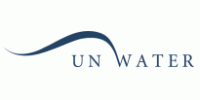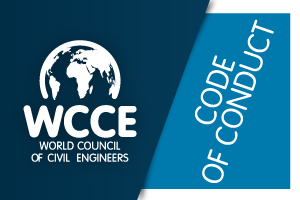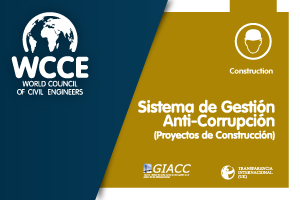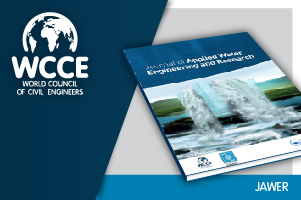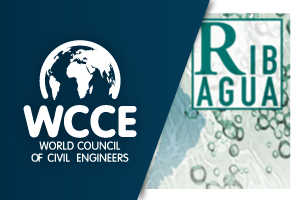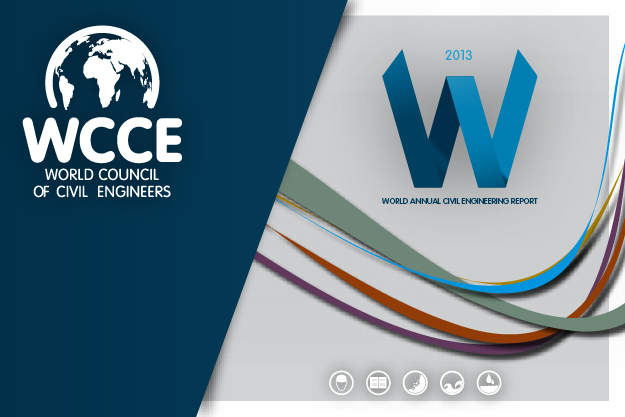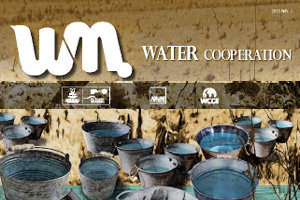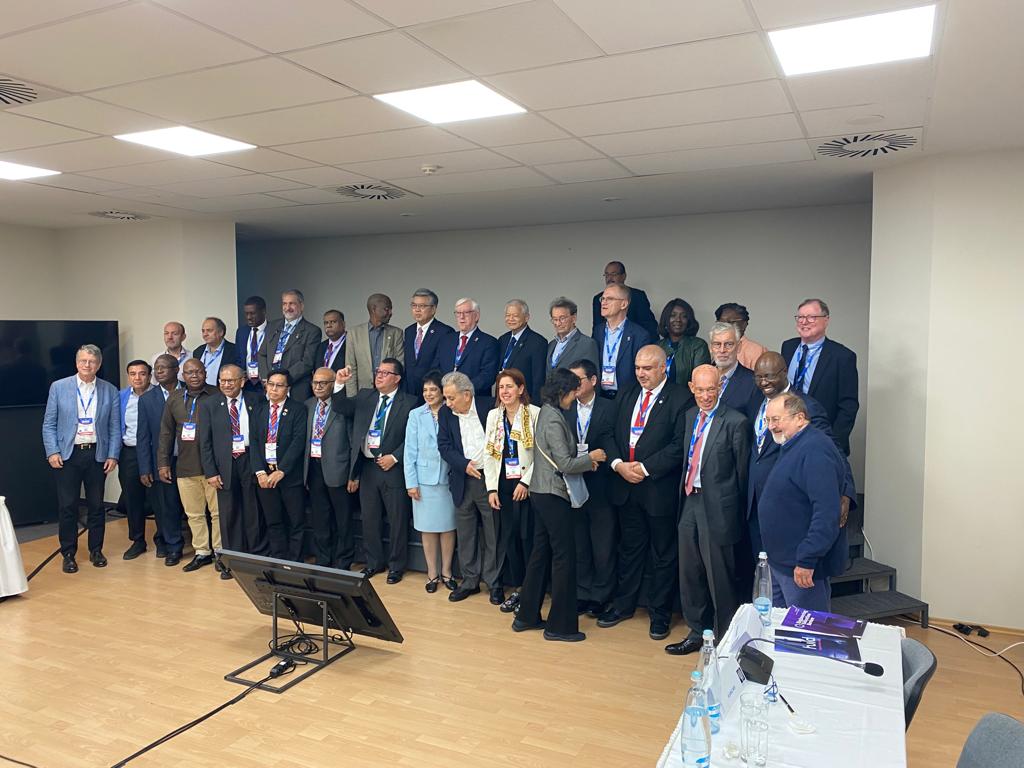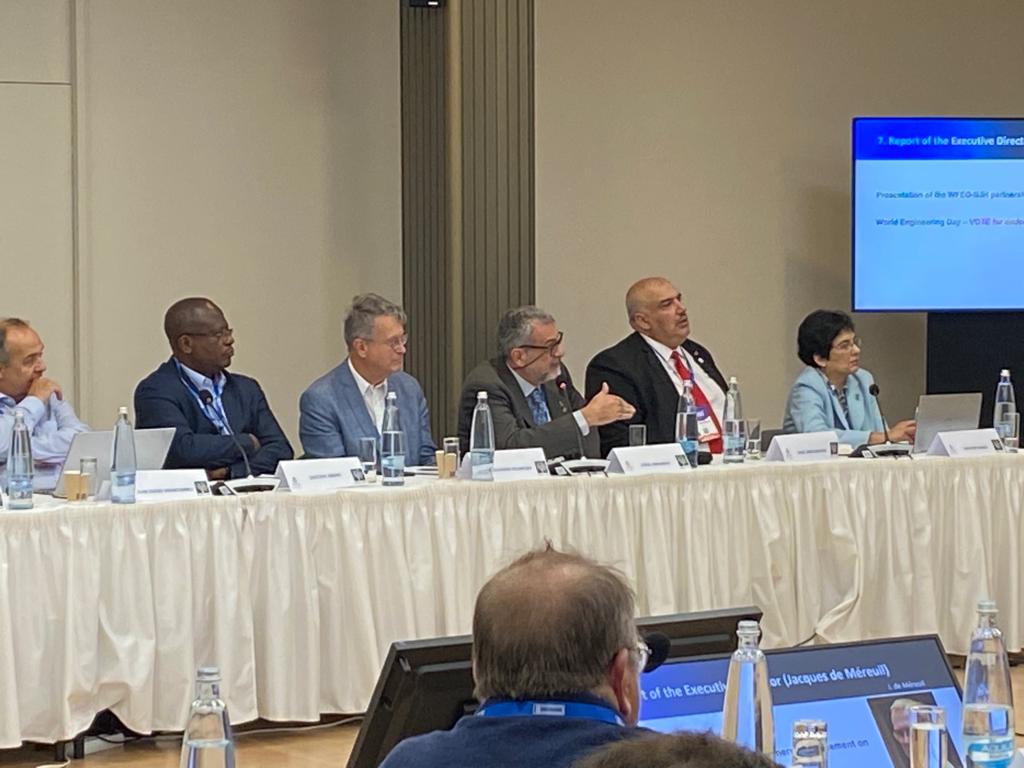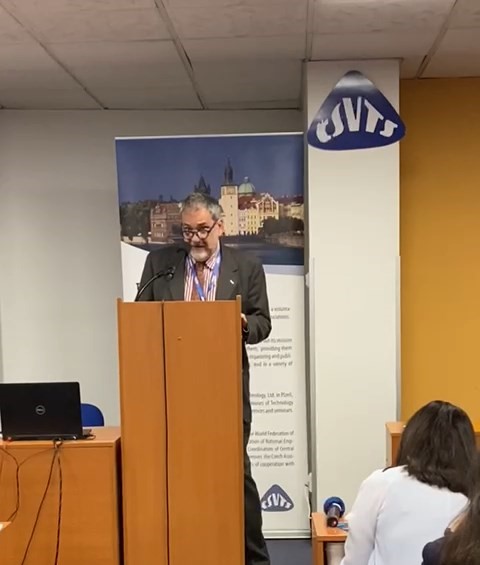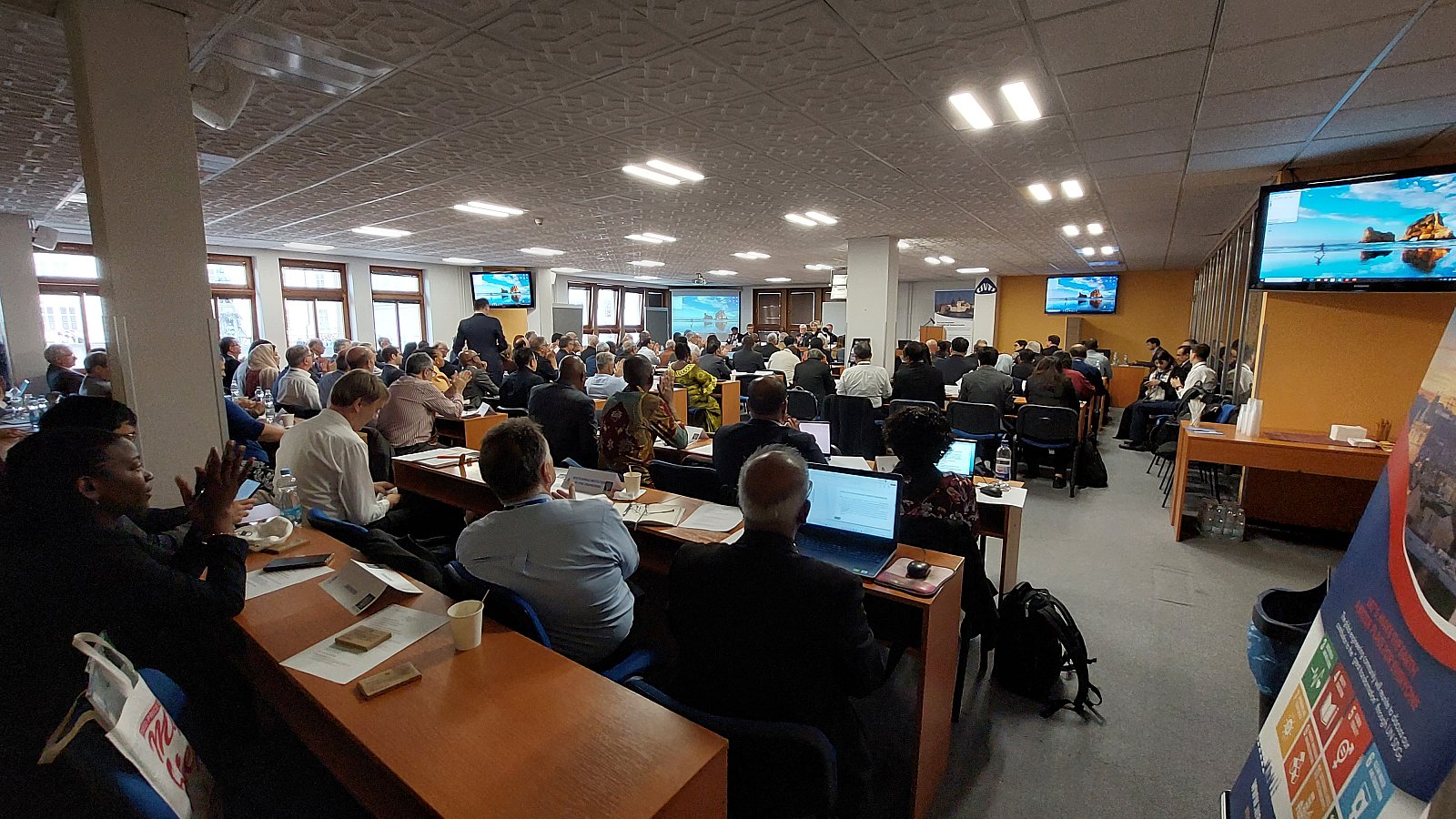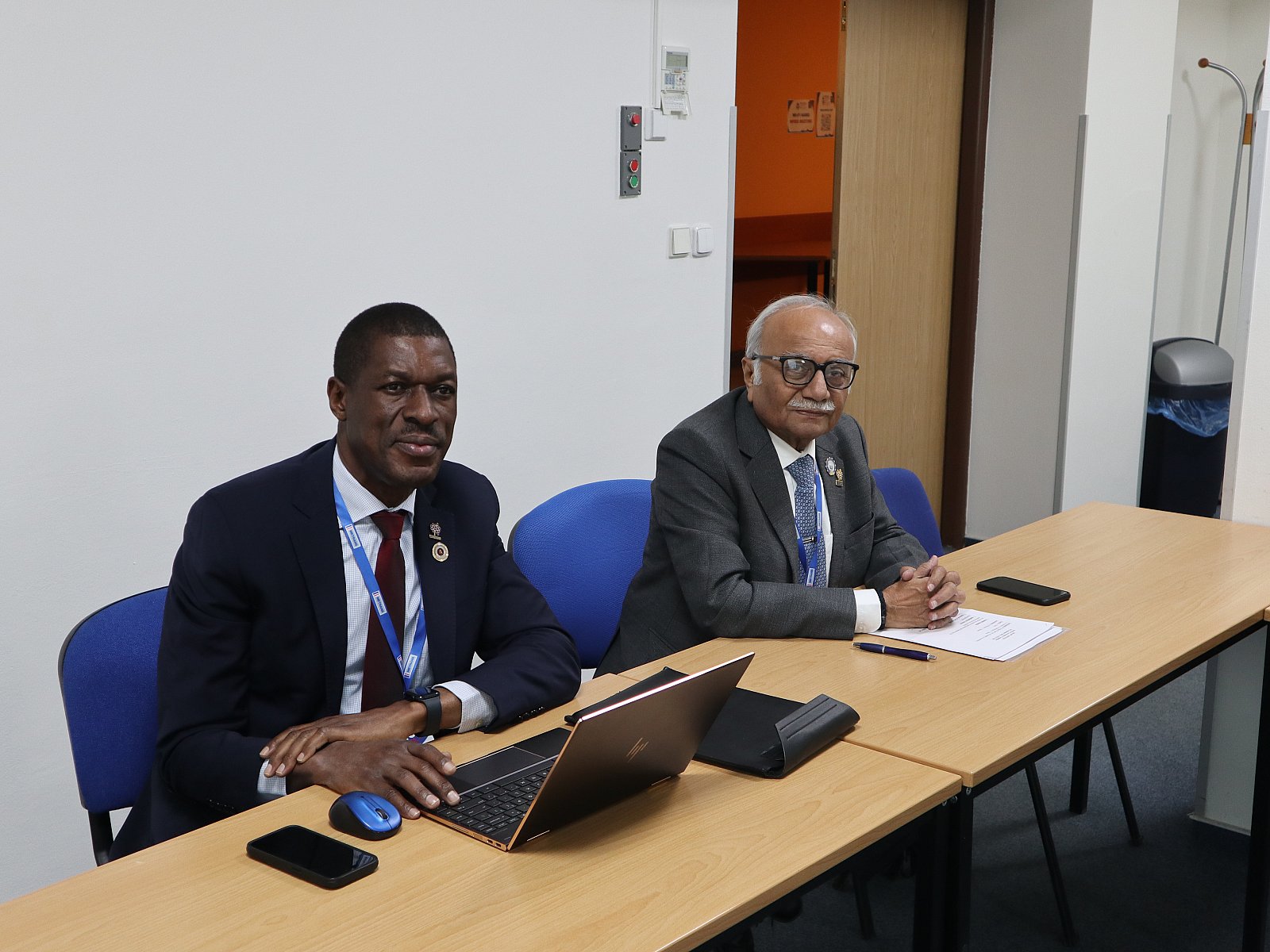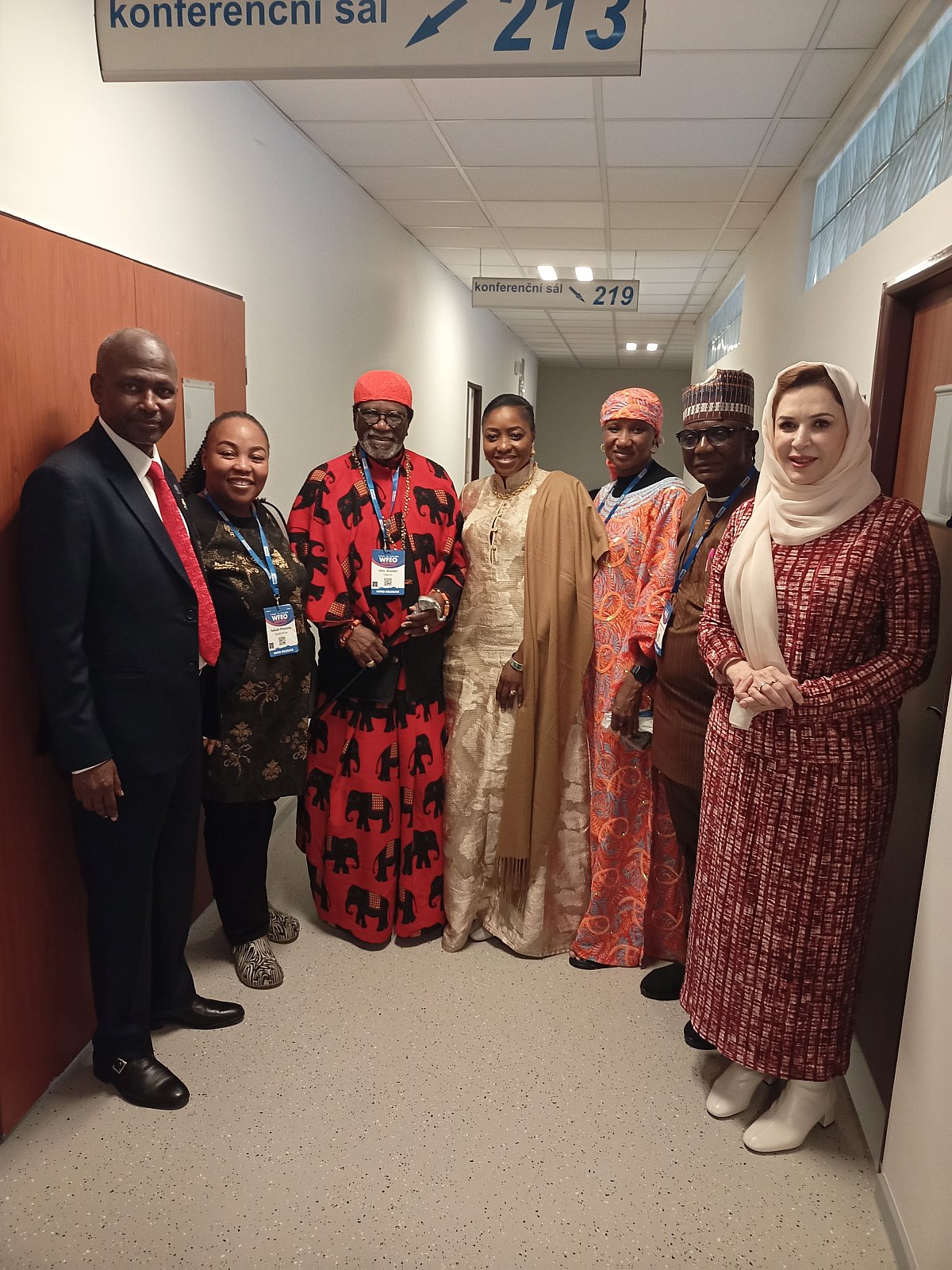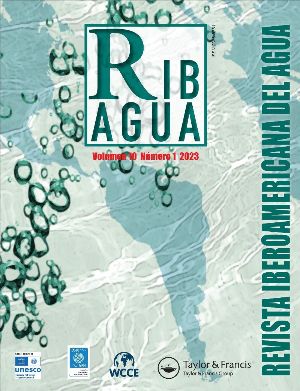Presenting IMI-SDG6
Through the UN-Water Integrated Monitoring Initiative for SDG 6 (IMI-SDG6), the United Nations seeks to support countries in monitoring water- and sanitation-related issues within the framework of the 2030 Agenda for Sustainable Development, and in compiling country data to report on global progress towards SDG 6.
IMI-SDG6 brings together the United Nations organizations that are formally mandated to compile country data on the SDG 6 global indicators, and builds on ongoing efforts such as the WHO/UNICEF Joint Monitoring Programme for Water Supply, Sanitation and Hygiene (JMP), Global Environment Monitoring System for Water (GEMS/Water), FAO’s Global Information System on Water and Agriculture (AQUASTAT) and UN-Water Global Analysis and Assessment of Sanitation and Drinking-Water (GLAAS).
The joint effort enables synergies across United Nations organizations as well as a harmonization of methodologies and requests for data, leading to more efficient outreach and a reduced reporting burden. At the national level, IMI-SDG6 also promotes intersectoral collaboration and consolidation of existing capacities and data across organizations.
The overarching goal of IMI-SDG6 is to accelerate the achievement of SDG 6, by increasing the availability of high-quality data for evidence-based policymaking, regulations, planning and investments at all levels. More specifically, IMI-SDG6 aims to:
- support countries to collect, analyse and report SDG 6 data
- support policy- and decision makers at all levels to use this data.
